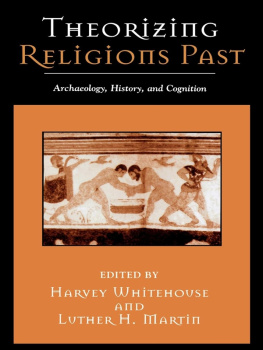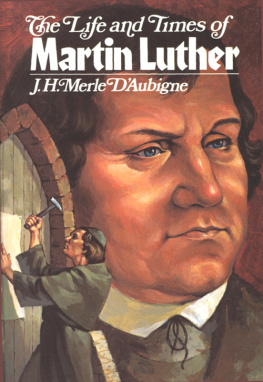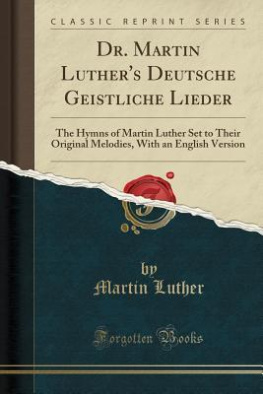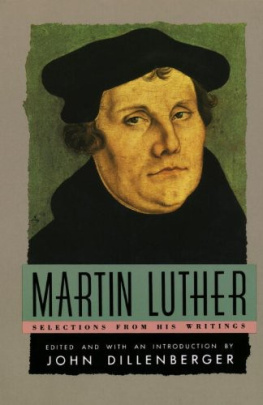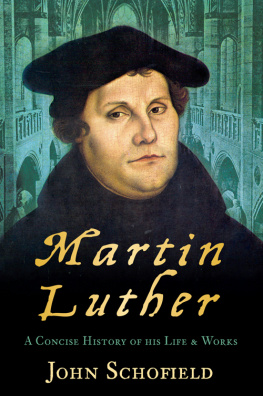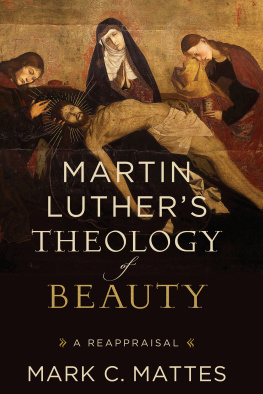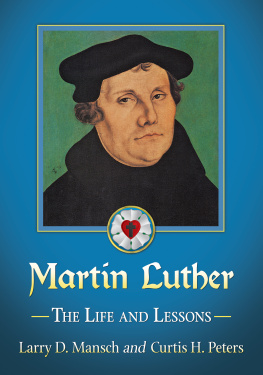Martin Luther H. - Theorizing religions past : archaeology, history, and cognition
Here you can read online Martin Luther H. - Theorizing religions past : archaeology, history, and cognition full text of the book (entire story) in english for free. Download pdf and epub, get meaning, cover and reviews about this ebook. City: Walnut Creek, Calif., year: 2004, publisher: AltaMira Press, genre: Religion. Description of the work, (preface) as well as reviews are available. Best literature library LitArk.com created for fans of good reading and offers a wide selection of genres:
Romance novel
Science fiction
Adventure
Detective
Science
History
Home and family
Prose
Art
Politics
Computer
Non-fiction
Religion
Business
Children
Humor
Choose a favorite category and find really read worthwhile books. Enjoy immersion in the world of imagination, feel the emotions of the characters or learn something new for yourself, make an fascinating discovery.
- Book:Theorizing religions past : archaeology, history, and cognition
- Author:
- Publisher:AltaMira Press
- Genre:
- Year:2004
- City:Walnut Creek, Calif.
- Rating:5 / 5
- Favourites:Add to favourites
- Your mark:
- 100
- 1
- 2
- 3
- 4
- 5
Theorizing religions past : archaeology, history, and cognition: summary, description and annotation
We offer to read an annotation, description, summary or preface (depends on what the author of the book "Theorizing religions past : archaeology, history, and cognition" wrote himself). If you haven't found the necessary information about the book — write in the comments, we will try to find it.
Theorizing religions past : archaeology, history, and cognition — read online for free the complete book (whole text) full work
Below is the text of the book, divided by pages. System saving the place of the last page read, allows you to conveniently read the book "Theorizing religions past : archaeology, history, and cognition" online for free, without having to search again every time where you left off. Put a bookmark, and you can go to the page where you finished reading at any time.
Font size:
Interval:
Bookmark:
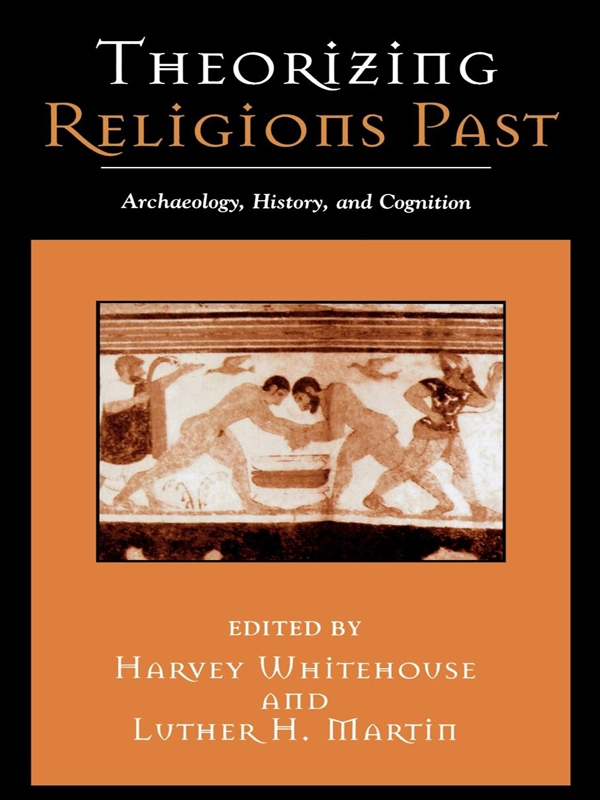

Roger Beck is an emeritus professor of classics at the University of Toronto. He is a specialist in Greco-Roman religions and has written extensively on the cult of the sun god Mithras. He is also interested in ancient astronomy and astrology and in the ancient novel. He is convinced that the cognitive science of religion is the next big thing and is enthusiastically importing it into his home discipline.
Ulrich Berner is professor of history of religions at the University of Bayreuth. He is coeditor of SAPERE (Scripta Antiquitatis Posterioris ad Ethicam Religionemque pertinentes). His main specialization is European religious history from late antiquity to the Renaissance. Additionally, he is a participant in the collaborative research center on Local Action in Africa in the Context of Global Influences at the University of Bayreuth.
Anne L. Clark is associate professor of religion at the University of Vermont. Her research focuses on Christian religious life in the later Middle Ages. She has published on the visionary texts of medieval women and currently is working on womens religious communities and their ritual objects.
Douglas L. Gragg is a historian of Greco-Roman religions. His research has focused primarily on religions of Rome, including early forms of Judaism and Christianity, and has drawn heavily on insights and models derived from semiotic and (more recently) cognitive theory.
Karen Johnson is a doctoral student at the University of Michigan in the Interdepartmental Program in Classical Art and Archaeology and in the Culture and Cognition Program.
E. Thomas Lawson is emeritus professor of comparative religion at Western Michigan University. He is the author of Religions of Africa: Traditions in Transformation (1984) and, with Robert N. McCauley, Rethinking Religion: Connecting Religion and Culture (1990) and Bringing Ritual to Mind: Psychological Foundations of Ritual Forms (2002). In addition, he has contributed chapters to many books, articles to a wide variety of journals, and a large number of entries to encyclopedias. He is executive editor of the Journal of Cognition and Culture and codirector with Harvey Whitehouse of the newly established Institute for Cognition and Culture at Queens University, Belfast.
Anita Maria Leopold is a doctoral student in the Department for the Study of Religion at the University of Aarhus, Denmark. She has published a number of articles on issues related to Gnosticism and syncretism and is the editor of a forthcoming anthology on syncretism as a theoretical problem.
Luther H. Martin, a professor of religion at the University of Vermont, is the author of Hellenistic Religions: An Introduction (1987), an editor of Theoretical Frameworks for the Study of Graeco-Roman Religions (2002), and author of numerous articles in this area of the history of religions. In addition, he is the author of many articles on theory and method in the study of religion, an editor of several volumes of essays on this topic, as well as an editor of a volume titled The Academic Study of Religion during the Cold War (2001). He is currently engaged in research on Greco-Roman religions from the perspective of cognitive science.
Steven Mithen is professor of early prehistory and head of the School of Human and Environmental Sciences at the University of Reading. He moved to Reading in 1992 after studying at the universities of London, Sheffield, York, and Cambridge. His research interests include the evolution of cognition, prehistoric hunter-gatherers, and the use of computer simulation in archaeology. His books include The Prehistory of the Mind (1996) and After the Ice: A Global Human History (2003).
Ilkka Pyysiinen was educated in theology and comparative religion at the University of Helsinki, Finland. He earned his Ph.D. in 1993 with a thesis on Buddhist mysticism. Since then he has dedicated himself to the exploration of religious cognition. He has published numerous articles and his books include How Religion Works (2001), Current Approaches in the Cognitive Science of Religion (edited with Veikko Anttonen, 2002), and Magic, Miracles, and Religion (2004). He currently works at the Helsinki Collegium for Advanced Studies.
Ted Vial is Batten Associate Professor of Religious Studies at Virginia Wesleyan College. He is author of Liturgy Wars: Ritual Theory and Protestant Reform in Nineteenth Century Zurich (2004) and has published articles in Numen and the Harvard Theological Review.
Harvey Whitehouse is professor of anthropology and director of postgraduate studies in the Faculty of Humanities at Queens University, Belfast. He is codirector with E. Thomas Lawson of the newly established Institute for Cognition and Culture at Queens University, Belfast. He is currently the recipient of two major British Academy grants. His previous books include Inside the Cult: Religious Innovation and Transmission in Papua New Guinea (1995), Arguments and Icons: Divergent Modes of Religiosity (2000), The Debated Mind: Evolutionary Psychology Versus Ethnography (2001), and Modes of Religiosity: A Cognitive Theory of Religious Transmission (2004).
Donald Wiebe is professor of the philosophy of religion at Trinity College, Toronto. He has published numerous articles on theory and method in the study of religion in journals, collections of essays, and proceedings, as well as four books on this topic, the most recent being The Politics of Religious Studies (2000). He is also editor of the series Toronto Studies in Religion (Peter Lang Press).
E. THOMAS LAWSON

S OME YEARS AGO I WAS ADVENTUROUS ENOUGH to publish an article in the journal Historical Reflections/Rflexions Historiques in which I argued for the relevance of cognitive science to the study of history (Lawson 1994). Much to my surprise and pleasure, I received very positive and encouraging responses from historians and, in fact, was invited to make my case in a graduate seminar offered by the history department at my own university. My rather simple, if not simpleminded, claim was that, if historians and other social scientists were willing to make claims about the transmission of traditions, then it would also be their job to help the rest of us identify the mechanisms that underwrite the processes of transmission.
Since the publication of this article, two books have been published that demonstrate willingness on the part of social scientists with a historical interest to do something like that. I refer to Harvey Whitehouses Arguments and Icons: Divergent Modes of Religiosity (2000) and Steven Mithens Prehistory of the Mind (1996). In Whitehouses work we find a sophisticated wedding of cognitive psychology, ethnography, and history. In Mithens work we find a powerful argument about how archaeology can not only be informed by cognitive psychology, but can, in turn, on the basis of information derived from archaeological research, make a fundamental contribution to our understanding of the working of the human mind.
These two volumes are genuinely interdisciplinary endeavors leading to coherent and compelling arguments about the origin, structure, and transmission of religious thought and practice. In the case of Mithen the claim is clear: We can only understand the present by knowing the past. In the long run this means gathering together everything we know about cognitive development, not only ontogenetically, but also through our knowledge of the evolutionary history of the mind, in order to relate the past to the present. Mithen has effectively accomplished the transformation of archaeology from a theoretical and empirical perspective on the past to a science of the mind in historical perspective thoroughly informed by evolutionary, cognitive, and developmental psychology.
Font size:
Interval:
Bookmark:
Similar books «Theorizing religions past : archaeology, history, and cognition»
Look at similar books to Theorizing religions past : archaeology, history, and cognition. We have selected literature similar in name and meaning in the hope of providing readers with more options to find new, interesting, not yet read works.
Discussion, reviews of the book Theorizing religions past : archaeology, history, and cognition and just readers' own opinions. Leave your comments, write what you think about the work, its meaning or the main characters. Specify what exactly you liked and what you didn't like, and why you think so.

